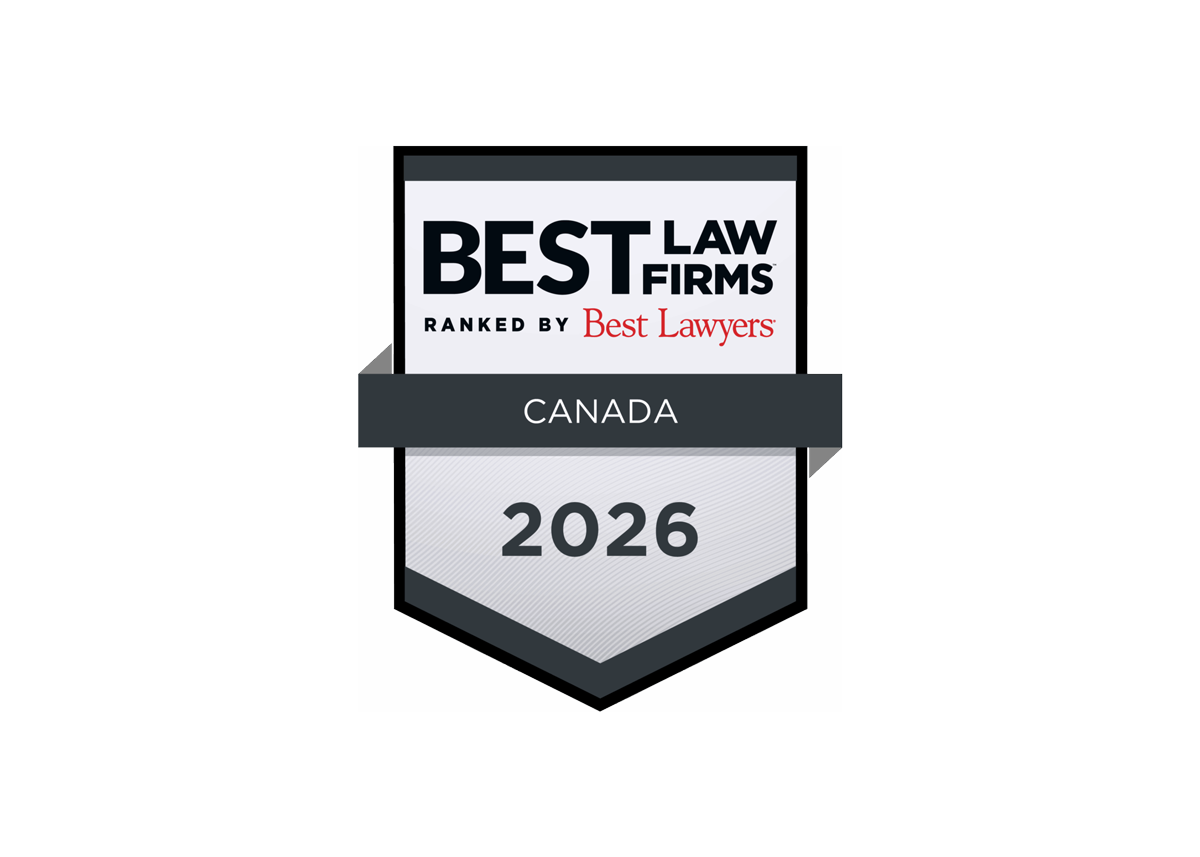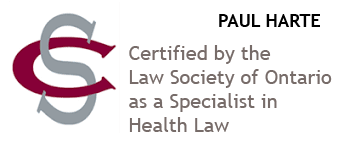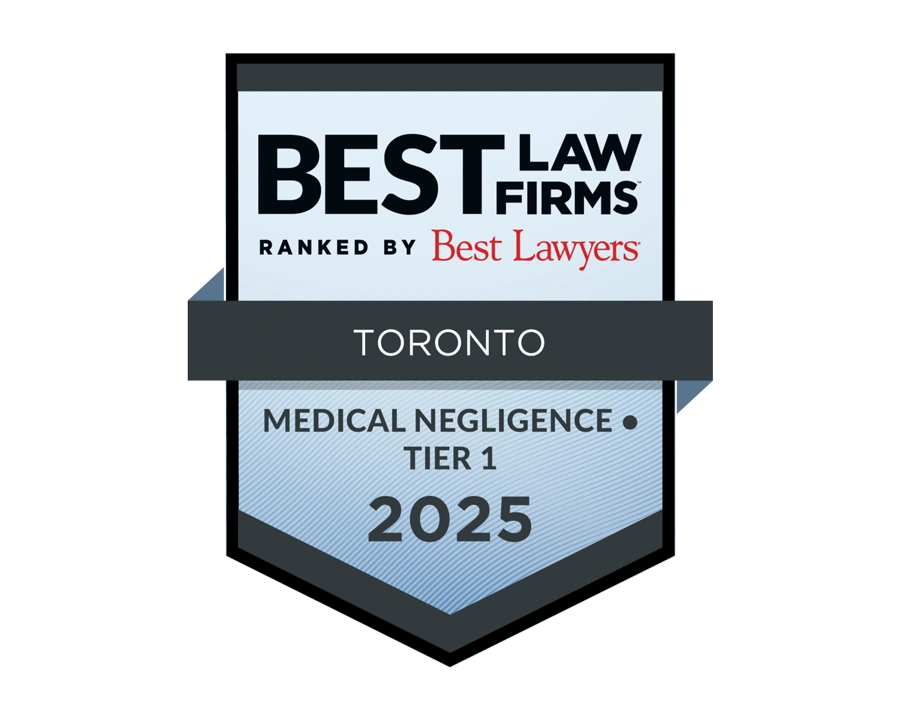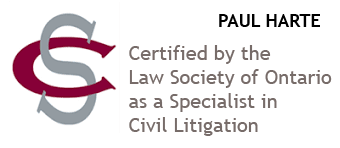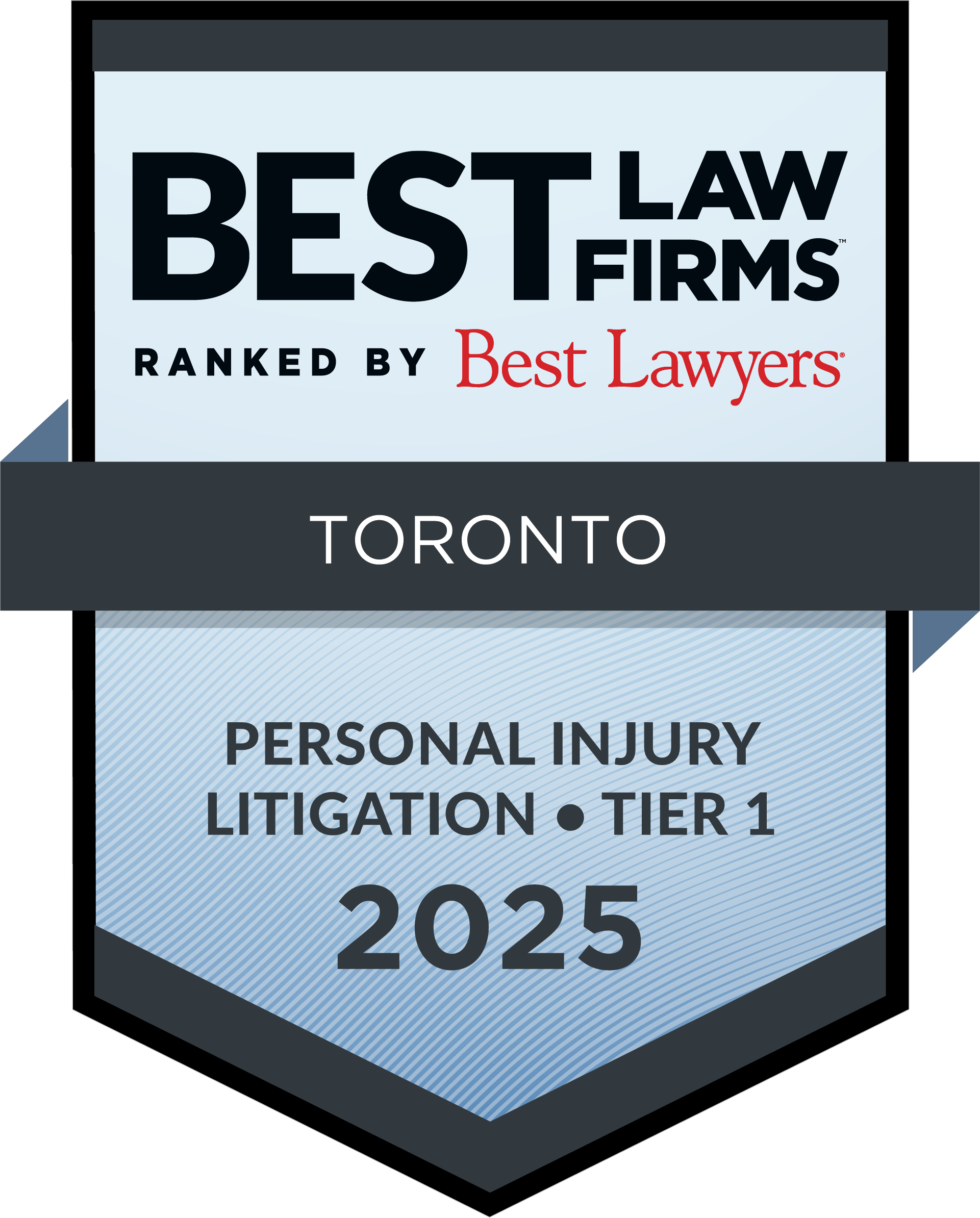Brand Carousel
Leaders in Medical Malpractice
We do one thing — and we do it exceptionally well.
Content
Harte Law and Maria were incredible to work with. Maria’s communication was always so clear, fast, and comforting during a very difficult time in my life. She handled my case quickly and efficiently, and she always made me feel supported and informed. I truly appreciate her dedication, compassion, and how smoothly she guided me through the entire process. I am very grateful for Maria and Harte Law, and I would highly recommend them.
– FI
Frequently Asked Questions
Anyone considering a medical malpractice lawsuit will have questions. Below are some of the most common questions we receive.
We need some basic information before we can assess whether you may have a case. You can reach us toll-free at (866) 665-0657 for a free case evaluation.
Please note: We receive hundreds of inquiries each year from individuals seeking our help. Unfortunately, we’re not able to take on every case. To maintain the highest standard of representation, we limit the number of clients we accept so we can focus our efforts and deliver the best possible results.
Strict deadlines apply to starting a lawsuit—these are called limitation periods. If you miss the applicable deadline, you may lose your right to sue. Because limitation laws are complex, it’s essential to speak with a lawyer about the timelines that apply to your specific situation.
In most parts of Canada the general rule is that legal action against healthcare professionals or hospitals must be started within two years of the date you knew or reasonably should have known about the mistake that injured you. In fatality cases, the deadline is typically the earlier of two years from the date of death or when the negligence was discovered. Even if the injury is discovered later, there is an ultimate limitation period of 15 years from the date the act or omission occurred. After this time, legal action is generally no longer permitted.
There are exceptions to these general rules, but they are case-specific. A lawyer can advise you on how the law applies in your circumstances.
Medical malpractice cases are highly complex and demand significant time and resources. While most of our cases resolve through settlement—often just weeks before trial—some proceed to trial and, in rare cases, through the appeals process. These matters can take up to 7 years. That said, the majority of lawsuits at our firm are resolved within 3 to 5 to complete from our initial contact with the client.
For most individuals the cost of pursuing a lawsuit against a doctor or healthcare provider can be overwhelming. That’s why we typically work on a contingency fee basis. A contingency fee means that you do not pay any legal fees unless we are successful in your case. Instead of charging by the hour, we take a percentage of the amount recovered on your behalf—typically between 25 percent and 40 percent, depending on the complexity and stage of the case.
You will not be required to pay anything upfront. We cover the costs associated with advancing your case, such as court filing fees and expert reports. These expenses, known as disbursements, are generally only reimbursed if your case is successful. All terms will be clearly outlined in a written agreement that complies with Ontario law, including a 10-day cooling-off period to allow you time for review or reconsideration.
Contingency fee arrangements allow clients to pursue justice without the financial burden of paying legal fees out of pocket.
